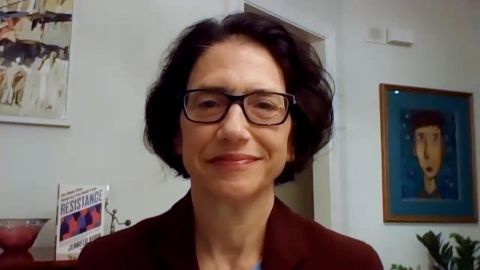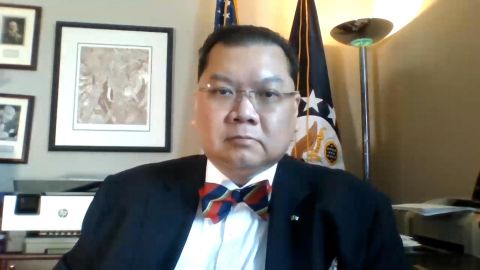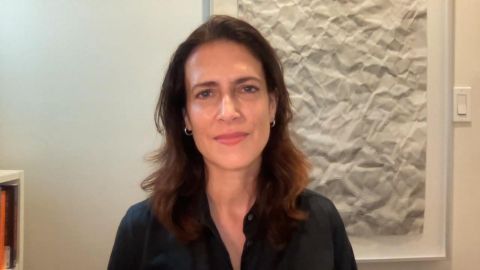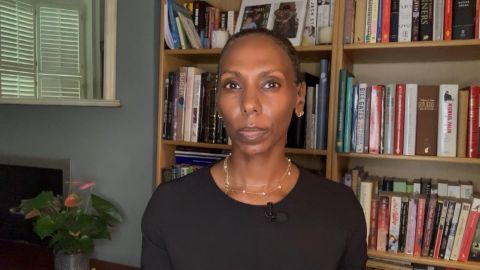Read Transcript EXPAND
ANDREA ELLIOTT, AUTHOR, “INVISIBLE CHILD”: What drew me to this was actually a statistic. I saw the statistic that one five American children were living in poverty, which is the highest child poverty rate of almost any wealthy nation in the world. I thought that was stunning. And, at that time, there was a homeless crisis in New York City. And so, as it continues today, I met Dasani on a sunny day in October of 2012. I was standing outside her shelter. And at that point, there were more than 22,000 homeless children in New York City. I just wanted a way into one story, one child’s story. And she immediately stood out to me. She just captivated me. The reason I think I stayed in this family’s life for as long as I did is because their story just kept surprising me. And every time I thought I’d figured it out, there would be a new development, a new twist or turn. She was a remarkable child and continues to be. She had a just a crackle about her and an energy. And she was funny. And she was so acutely aware of the injustice of her life. She was waking up in a room every morning that I can describe to you in a passage that I may read, if you want.
BIANNA GOLODRYGA: Yes, please. Please do.
ELLIOTT: And — OK, I will read it right now. She — this is the beginning of the book. “She wakes to the sound of breathing. The smaller children lie tangled under coats and wool blankets, their chests rising and falling in the dark. They have yet to stir. Their sister is always first. She looks around the room, seeing only silhouettes, the faint trace of a chin or brow lit from the street below. Mice scurry across the floor. Roaches crawl to the ceiling. “A little sink drips and drips, sprouting mold from a rusted pipe. They have learned to sleep through anything. They snore with the pull of asthma near a gash in the wall that spews sawdust. They cough or sometimes mutter in the throes of a dream. Only their sister Dasani is awake.”
(CROSSTALK)
GOLODRYGA: Go ahead. Go ahead. I’m sorry. I’m sorry.
ELLIOTT: Well, just what moved me so much about this kid was the way she started her mornings. She would be the first to rise. She helped take care of her siblings. She Fed and dressed them and helped get them to school. Her parents were struggling with a host of issues. By the time Dasani arrived, often late, to her own public school, many other children in New York City were just — she’d been working for hours and many others had just gotten up and had breakfast. And so this is the thing that I think was so moving to me.
About This Episode EXPAND
Nima Elbagir; J. Peter Pham; Andrea Elliott; Jennifer Rubin
LEARN MORE



